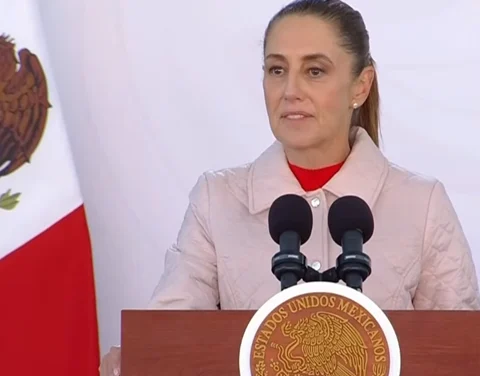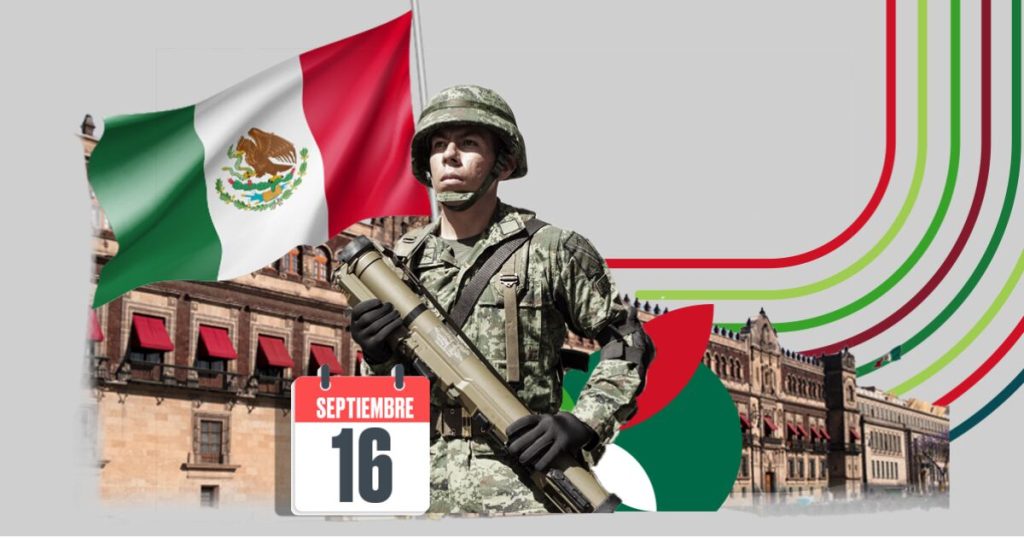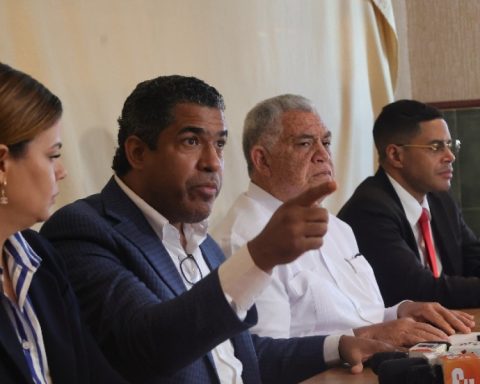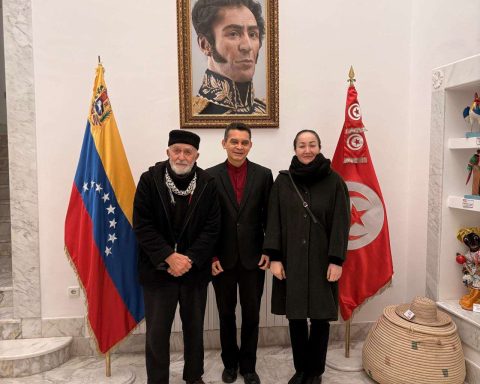HAVANA, Cuba.- Last Friday the news circulated of the expulsion of Professor Alina Barbara Lopez Hernandez of the National Guild of Intellectuals (official, like all organizations that have legal existence in Cuba). This is the entity known by the acronym UNEAC (National Union of Writers and Artists of Cuba).
As it became known, the Featured The thinker acquired her membership thanks to the books devoted to the Social Sciences that she has published. According to the information published in this same digital newspaper, her work “has focused on studying the political history of the Cuban Communist Party, including its errors and the consequences of its economic management.”
As published this Friday by Cuba DiaryProfessor López Hernández, according to the official version, was expelled for “carrying out activities against the revolution”, “for publications against the senior leadership”, “for showing solidarity with the July 11 movement”, “for committing serious crimes provided for and punished in the Penal Code” as well as “for serious violation of the Statutes and Regulations of UNEAC”.
That situation now confronted by Alina Barbara It reminds me of similar events from almost a quarter of a century ago. This chronicler was also a member of the aforementioned intellectual guild. In my case, I had been admitted to the Translators’ Section of the Writers’ Association. My guarantee for this was my Spanish translations of several foreign works.
These were The Tritogeny of Democritus, Discovering the world, The underground mails, Five centuries of secret war and The feat of LeningradI would like to briefly highlight the last two: The first of these two because it is an entertaining account of anecdotes taken from the history of international espionage. The last, because it always struck me that, in the midst of the terrible famine suffered by the inhabitants of the second Russian city during the siege, Naziphotos of the local Communist Party boss – the infamous Andrei Zhdanov – showed him looking rosy-cheeked and plump…
But the news of me separation I was notified of the expulsion from UNEAC in a different way than Dr. López Hernández. She says that, in order to expel her, a meeting was held at the provincial headquarters of the organization with several members, to whom she had the pleasure of telling them that “she felt ashamed for them”; she also had another satisfaction: except for the President, “the others lowered their heads and did not respond.”
In my personal case, the notification was made through an informal and personal visit. One of the leaders of the Writers’ Association came to my house. He was one of those “organic intellectuals” at the service of the regimewho, rather than developing a literary work, are concerned with keeping their bureaucratic positions. I remember that he told me: “You know why we expelled you from UNEAC.” I answered: “No, I don’t know.” But that was all; there was not even an attempt at an explanation…
In any case, there is one thing in common between the two expulsions: the same official desire to avoid any written notification. In the case of Alina BarbaraAt her insistence, the resolution was read to her, which she copied and shared with the public. I congratulate her for that.
The professor has achieved just notoriety for the new forms of peaceful civic protest that she has devised and put into practice, such as attending every 18th (the same day as the historic Protest of the Thirteen) to a park in Matanzas as a way of denouncing the arbitrary actions of the regime. In its post of Facebookshe argues that she is exercising “constitutionally established rights in article 56 of the Law of Laws: freedom of expression and peaceful demonstration.”
As a jurist, I consider it very correct to take advantage of the narrow margins granted by the positive legislation dictated by the Castro-communist regime; in particular, the Constitution in force. But I also believe that this must be done without losing sight of the limitations that this same regime has deliberately introduced into the text of the precepts in which citizen rights are recognized and in the practical interpretation it gives them.
Obviously, all the constitutions issued in Cuba from 1975 to date are Castroist. To point out the differences between the previous ones and the current one, I describe the former as “Fidelist,” while the latter as “Raulist.” It is useful to highlight some differences that exist between them.
For example, the “Fidelistas” contained the infamous article 61, which read as follows: “None of the freedoms recognized to citizens may be exercised against the provisions of the Constitution and the laws, nor against the existence and purposes of the socialist State, nor against the decision of the Cuban people to build socialism and communism. The violation of this principle is punishable.”
As you can understand, this rule alone turned all the pages of the supralegal text in which the supposed rights of the citizen were stated into waste paper. This could be confirmed by any lawyer or political scientist who studied that Constitution with objective technical criteria. This, in turn, made the super-law an unpresentable text.
The above was recognized by those who, already under the aegis of Army General Raúl Castro, developed the current Constitution. Therefore, when establishing the precepts that included the rights of citizens, they had the cleverness to give them a wording that would be more acceptable to jurists worldwide. And of course, as Professor Alina Bárbara points out, this reality should be taken advantage of by all those who confront the regime.
But at the same time, it should not be overlooked that the aforementioned “Raulista Constitution” has maintained Article 5 of its predecessors, which proclaims the Communist Party of Cuba as the “supreme political force leading society and the State.” This is apart from declaring it “unique” (a condition it always had, but which has only been reflected in the Magna Carta since 2019).
That a party exercises the leadership of the State is something that happens in any normal country. Of course, in the latter, this status is not obtained with an immovable character, nor because a constitutional precept so provides. On the contrary, this leading condition is acquired because the political force in question reaches, among other similar ones, the majority. freely given by voters in a competitive election.
But what can only occur to a communist is that a political party (their own) also holds… the leadership of an entire society! In this regard, it is appropriate for me to make a small observation of a legal nature to one of the approaches that you make in your post Professor Lopez Hernandez.
I am referring to the passage in which the question is asked “what is the point of an intellectual organization that has to obey the unalterable statutes of a political organization to which not all of its members belong.” Of course, there is no room for discussion: this is an outrage. But the latter is based on the aforementioned article 5 of the same “socialist Constitution.” And this is something that Alina Bárbara, her friends and all Cuban opponents must always keep in mind.

















